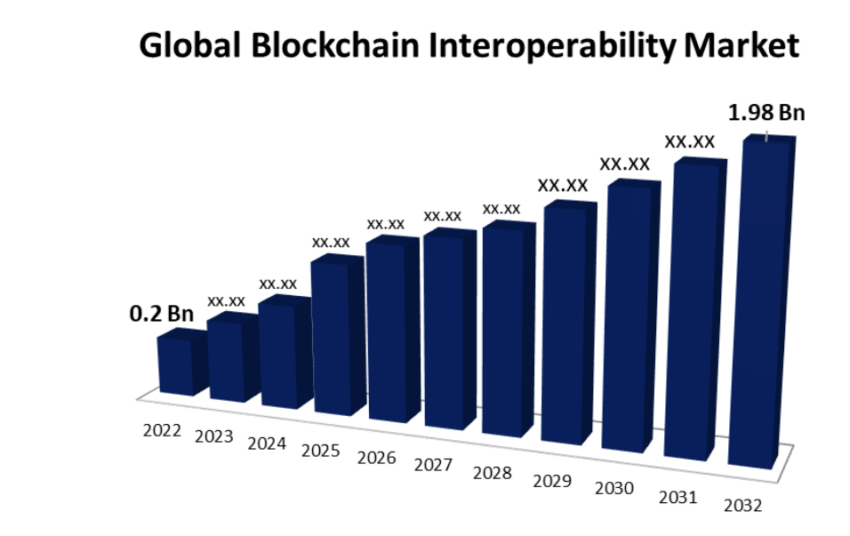Polygon founder Sandeep Nailwal explains two key factors for Web3’s long-term success in comparison to the current internet.
Nailwal emphasizes unlimited scalability and the ability of blockchains to communicate as crucial factors, highlighting the necessity for individuals to have the freedom to select from various decentralized profiles.
Polygon’s Sandeep Nailwal Outlines Web3 Requirements
In a recent post on X (formerly Twitter), Nailwal highlights the importance of user-centric design and interaction to enhance usability, along with the capability for blockchain networks to seamlessly interact with one another, commonly known as interoperability.
“Seamless UX and cross-chain composability would be fixed in some time. Ethereum + Rollups/Validium design is the only way to scale web3 to the scale of the internet.”
Nailwal further stated that Polygon is making an effort to build a network of aggregated blockchains.
“At Polygon we are only interested in building for that end state, “Planetary scale blockchain network.”
Meanwhile, DCinvestor explained to his 236,900 followers on X that Layer-2 introduction is going to be critical in the coming years for blockchains to succeed. He noted that while bridging and interoperability solutions “still need work,” not working on them could create risks in the long term.
“Not everything needs to be composable with the entire state of everything else, and periods of congestion create risk.”
According to recent data from Spherical Insights, the global blockchain interoperability market is set to exceed $1.98 billion by 2030.

Blockchain Interoperability, A Major Talking Point for Banks
Blockchain interoperability has been a major talking point in the industry in recent times.
Meanwhile, in September 2023, Ramani Ramachandran, CEO of Router Protocol, told BeInCrypto that the shift towards fostering interoperability with Bitcoin, especially with advancing Layer 2 solutions, illustrates the widespread desire for a more connected blockchain ecosystem.
“Bitcoin’s role could evolve significantly with interoperability. It would enable Bitcoin to directly engage in DeFi, offering liquidity and collateral options.”
However, major banks across the world are interested in cross-chain interoperability for conducting tokenized asset purchases.
The Australia and New Zealand Banking Group (ANZ) announced its adoption of Chainlink’s cross-chain interoperability protocol (CCIP).
Meanwhile, ANZ Portfolio Lead Nigel Dobson explained that it is a hot topic for major banks around the world:
“Banks are increasingly exploring use cases involving tokenized assets, with 93 percent of institutional investors believing in their long-term value, according to a recent EY report.”



